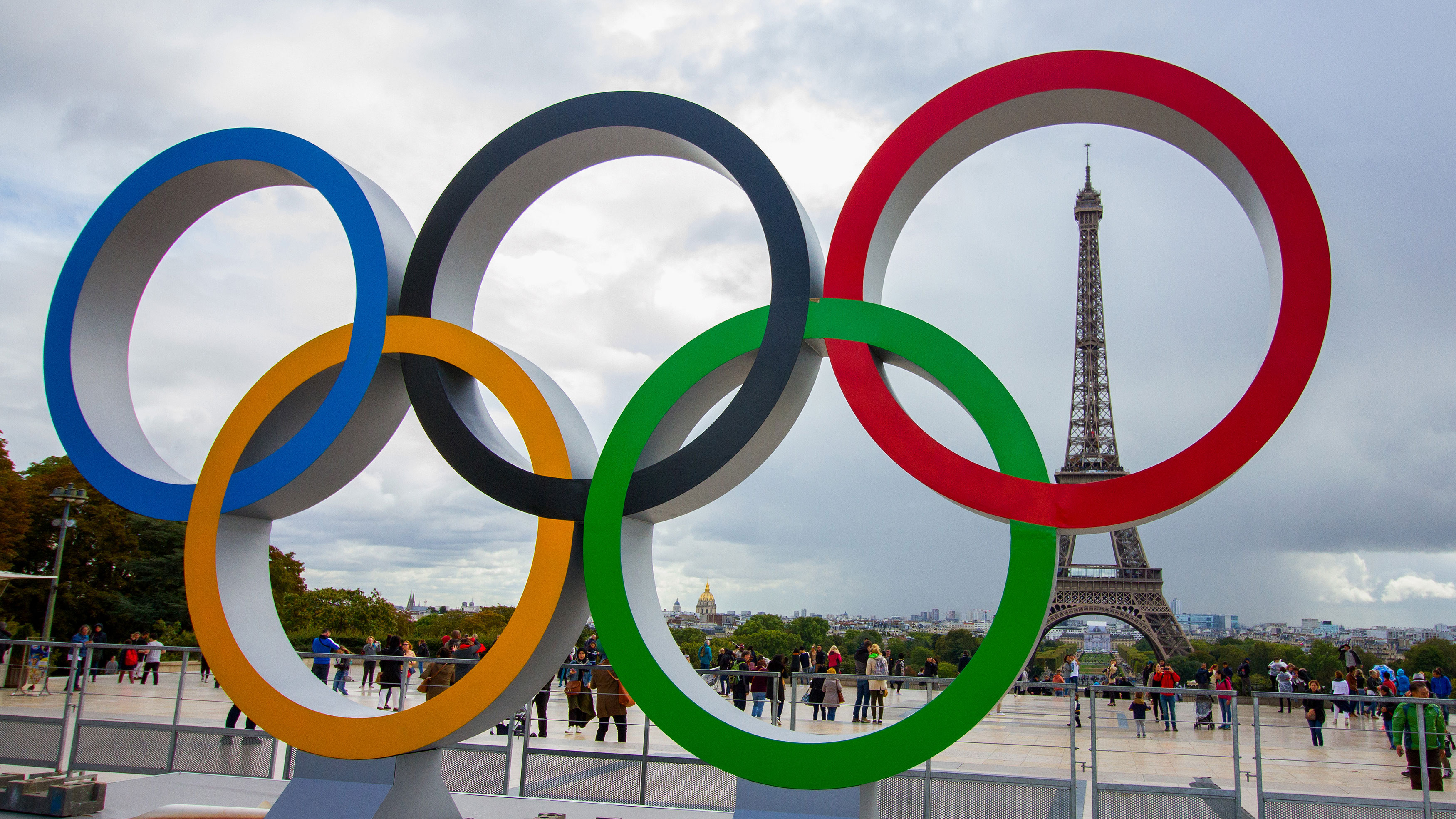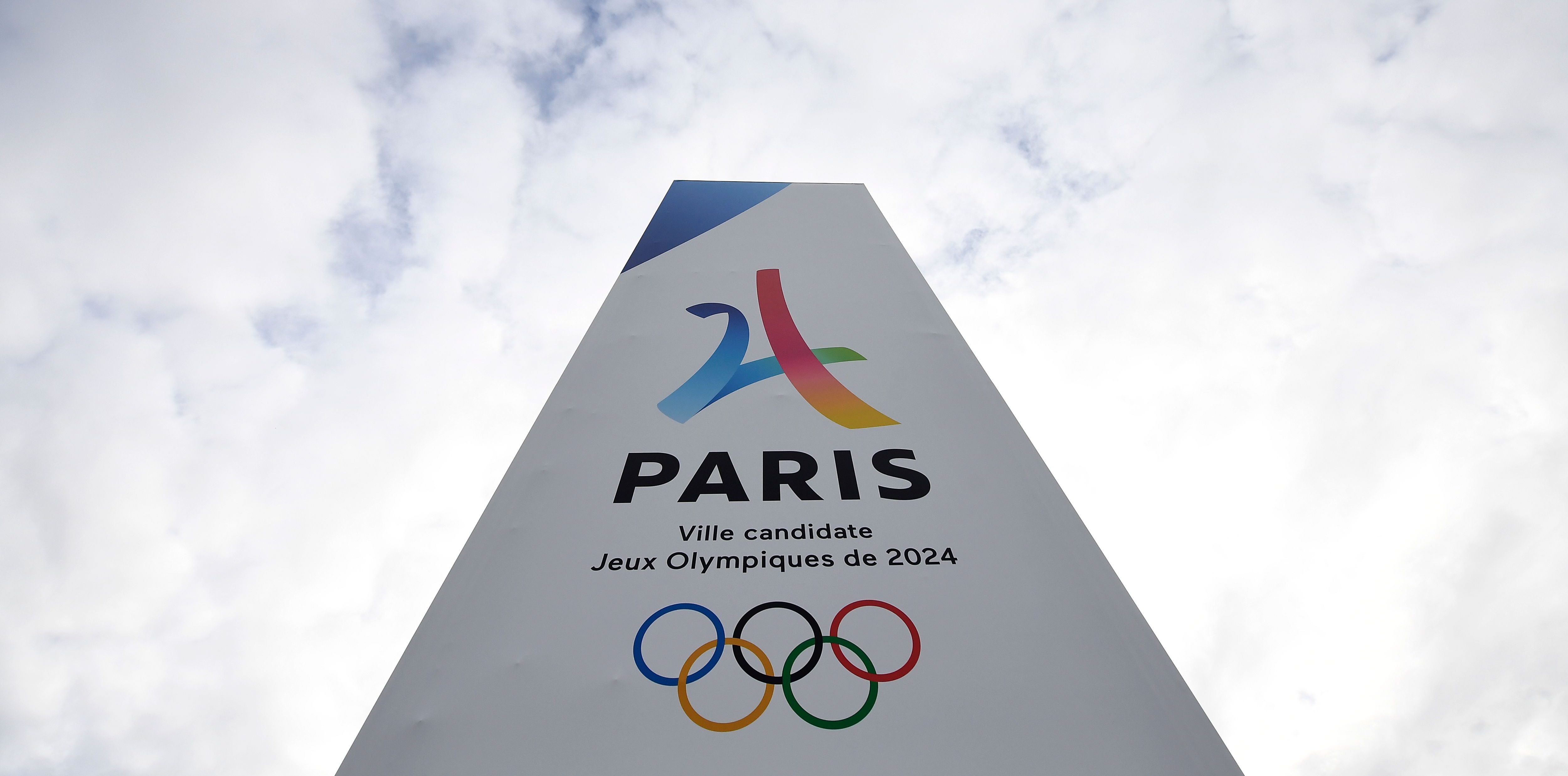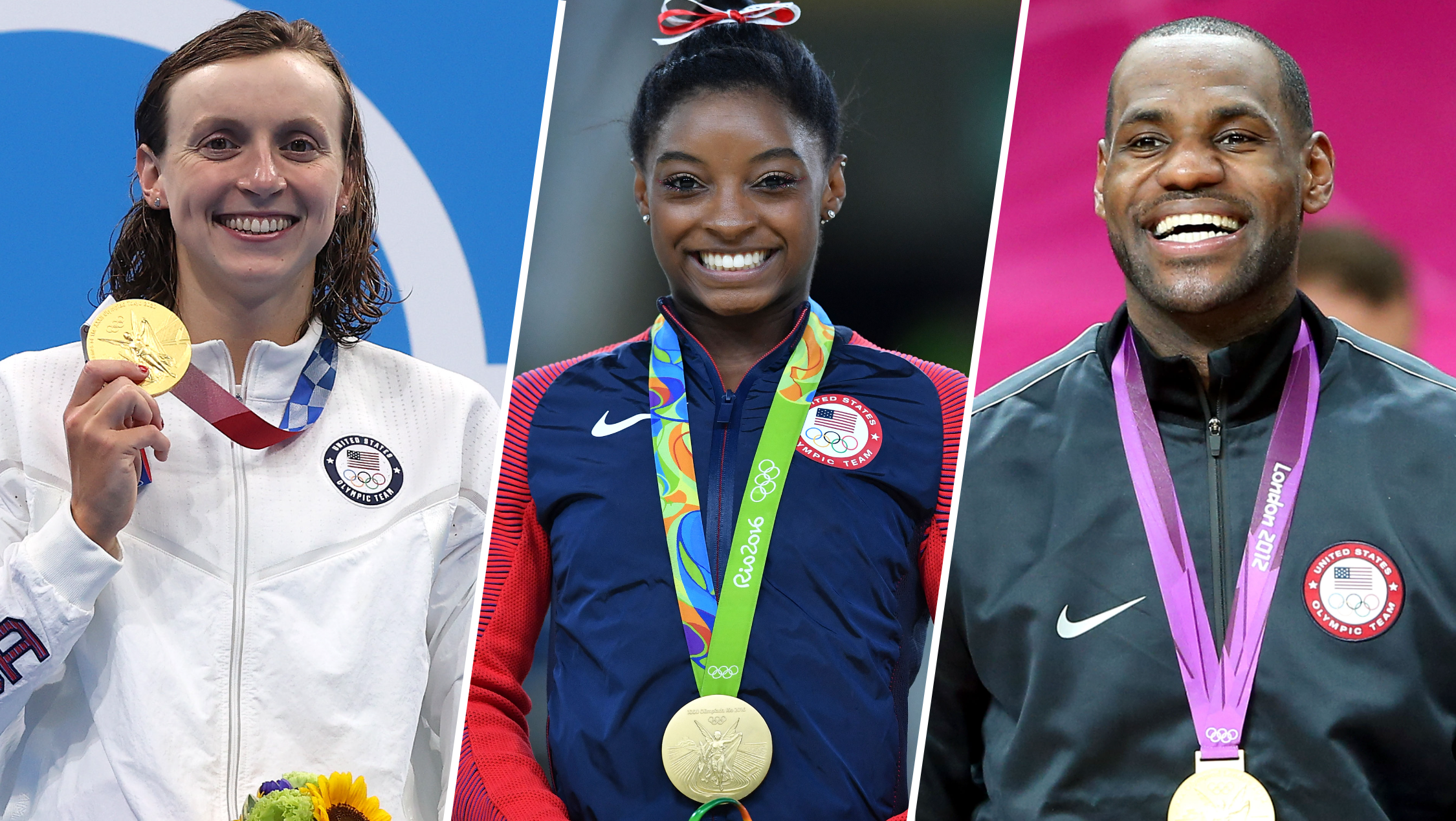Kristen Faulkner started cycling as a hobby. In 2017, she was working in finance in New York City and need an outdoor activity to balance out the stress from her job.
What started as a ride through Central Park eventually became a full-time passion. She quit her job in 2021 and won the U.S. Pro Road Race a few years later in 2024.
That same year, she won gold in Paris. Then she won another.
Faulkner helped Team USA soar to a big early lead on New Zealand in their head-to-head showdown in women's pursuit, then held on through a ragged finish to win the gold medal at the Paris Games.
The U.S. had been on the podium all three times the event had been on the program for the Olympics. Successful, to be sure, but also disappointing, because it had never been the top step. On a steamy Wednesday night at the Olympic velodrome, Team USA took that final step.
Faulkner, along with time trial bronze medalist Chloe Dygert, Jennifer Valente and Lilly Williams, led by more than a second a quarter of the way through the 4,000-meter race, and they stretched the gap at one point to nearly two seconds. When they began to come apart from their single-file, aerodynamic draft with about two laps to go, they had to fight to the finish to hold off Ally Wollaston, Bryony Botha, Emily Shearman and Nicole Shields.
Get Tri-state area news delivered to your inbox.> Sign up for NBC New York's News Headlines newsletter.
“We knew we had a strong team coming in,” Faulkner said with a smile, “and I feel like the lucky one, because they have won medals before on the track and I haven't. I just wanted to live up to their expectations.”
Did she ever. Faulkner's relatively recent addition to the squad might have made the difference.
“It's pretty surreal,” Williams added. “I do not think anybody expected this.”
The American women’s pursuit program had been chasing gold ever since the 2012 London Games, when it finished second to Britain. It lost a rematch four years later in Rio de Janeiro, and then in Tokyo, the U.S. had to beat Canada for bronze.
“There's just a lot of support for this program,” said Dygert, who has been part of the past three U.S. Olympic pursuit teams, “and we've been able to bring in really strong riders, and now we were finally able to pull it off.”
On Monday, the 31-year-old Faulkner became the first American rider in 40 years on Sunday to win a medal in the women's road race.
The 98-mile route started and finished in Paris, with Faulkner crossing the line at the Trocadéro in a fraction under four hours.Faulkner finished 58 seconds clear of Dutch rider Marianne Vos, Lotte Kopecky of Belgium and Blanka Vas of Hungary, who were separated by a photo finish with Vos taking silver and Kopecky clinching the bronze.
Faulkner and Kopecky caught up Vos and Vas with about three kilometers left. As Faulkner attacked, the other three hesitated and then could not catch her.
She only had the Eiffel Tower and glory ahead of her.
“It’s a dream come true,” Faulkner said. “It’s the best feeling in the world. I don’t know how to describe it.”
The 31-year-old Alaska native became the first American to win a road race medal of any color since the 1984 Los Angeles Games, when Connie Carpenter and Alexi Grewal swept the gold medals.
Huge crowds cheered the riders rolled through Paris’ Latin Quarter and then along past the Orsay museum — once a train station.
The trek featured eight hilly sections along the way, with the biggest ascent up Côte des Gardes lasting 1.9 kilometers as riders approached Versailles — home to a famed palace and where equestrian events are taking place during the Paris Games.
There were also three climbs up to Montmartre, the area of Paris known for its cobblestoned passageways, its quaint artistic atmosphere and, most visibly, the white Sacré Coeur basilica perched imperiously atop Montmartre hill as if watching over Parisians.
After entering Paris, riders zoomed past crowds flocking around the Louvre museum — home to the Mona Lisa — and the breakaway was swallowed up by the peloton.
As riders tackled the emblematic 1-kilometer climb up Butte-Montmartre for the first time, a new group formed at the front — Vos, Italian Elisa Longo Borghini and Faulkner. Lorena Wiebes, among the pre-race favorites, and Kopecky were not in it.
Kopecky chased hard on her own and caught up the lead group with about 40 kilometers left. Demi Vollering worked to help Wiebes close the gap, but Wiebes could not and placed 11th.
With 20 kilometers left, Vos and Bas attacked. They didn’t open up enough of a gap and Faulkner waited patiently. Her time came, and ended America’s long wait for a road race medal dating back to the Los Angeles Games.
She can now defend her medal there in 2028.





